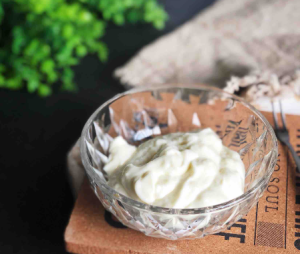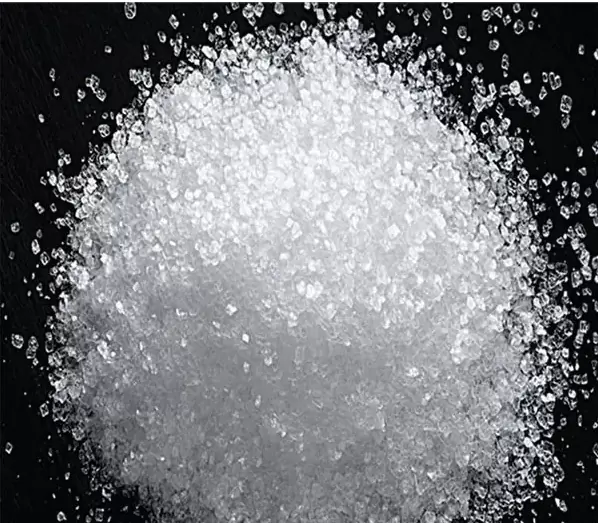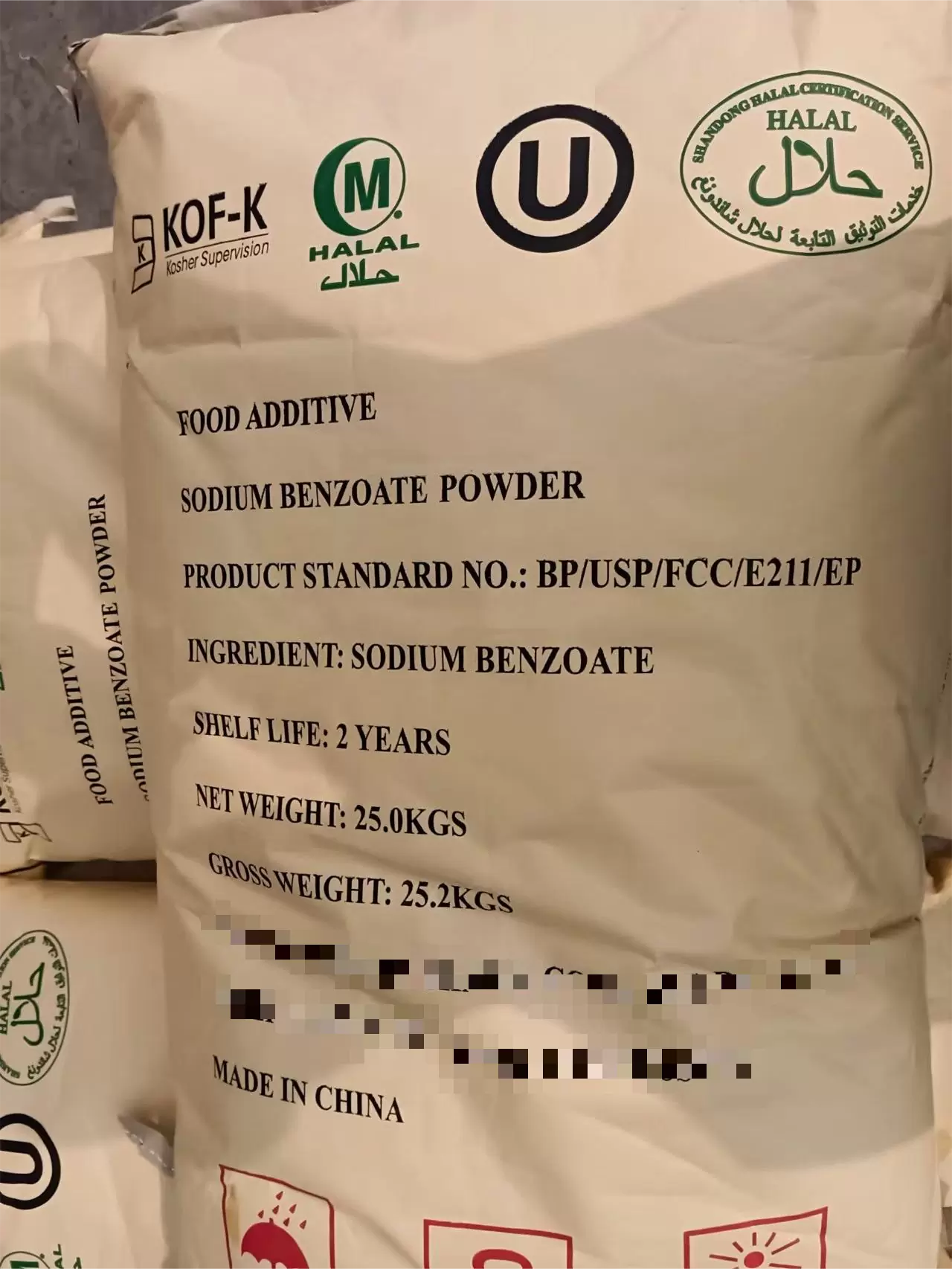Sodium Benzoate is a preservative that is the sodium salt of benzoic acid. It is soluble in water and works against yeast and bacteria. It is commonly used in acidic foods such as jams, relishes, beverages, and fruit juices.
It is used mainly as a food preservative but can be found in other products such as cosmetics and pharmaceuticals. Sodium benzoate is a common ingredient in carbonated sodas, vinegar and fruit juices. It is also used to help preserve salad dressings.
This product naturally occurs in low levels in fruits such as apples, plums, berries and cranberries. It also naturally occurs in and some spices such as cloves and cinnamon. Soft drinks are the number one source of sodium benzoate in the diet.


Sodium benzoate is used as a treatment for urea cycle disorders due to its ability to bind amino acids. This leads to excretion of these amino acids and a decrease in ammonia levels. Recent research shows that sodium benzoate may be beneficial as an add-on therapy (1 gram/day) in schizophrenia.Total Positive and Negative Syndrome Scale scores dropped by 21% compared to placebo.
Sodium benzoate can act as a food preservative. It is most widely used in acidic foods such as salad dressings (for example acetic acid in vinegar), carbonated drinks (carbonic acid), jams and fruit juices (citric acid), pickles (acetic acid), condiments, and frozen yogurt toppings. It is also used as a preservative in medicines and cosmetics.Under these conditions it is converted into benzoic acid , which is bacteriostatic and fungistatic. Benzoic acid is generally not used directly due to its poor water solubility. Concentration as a food preservative is limited by the FDA in the U.S.








